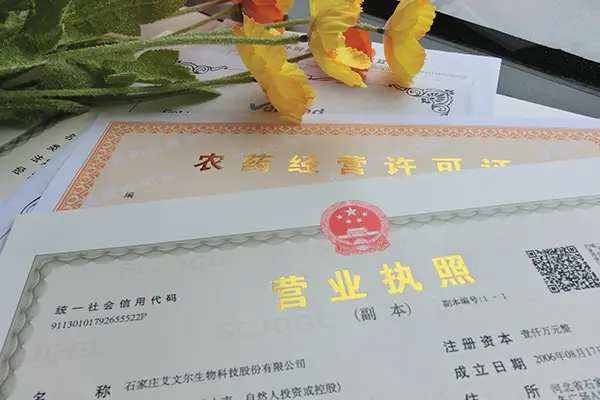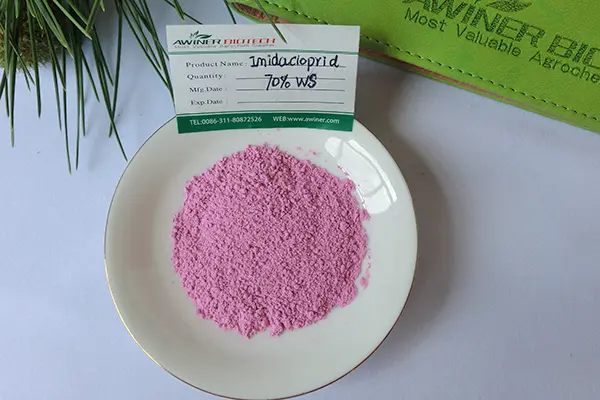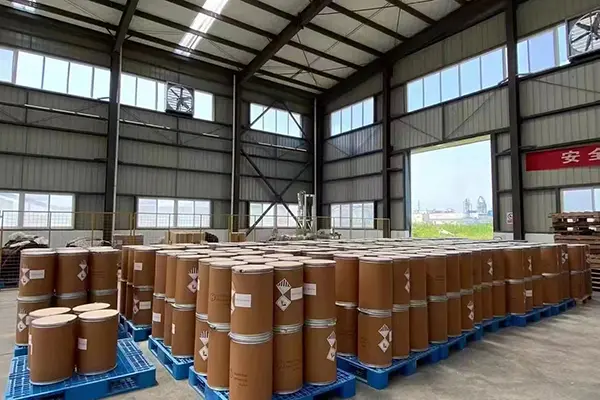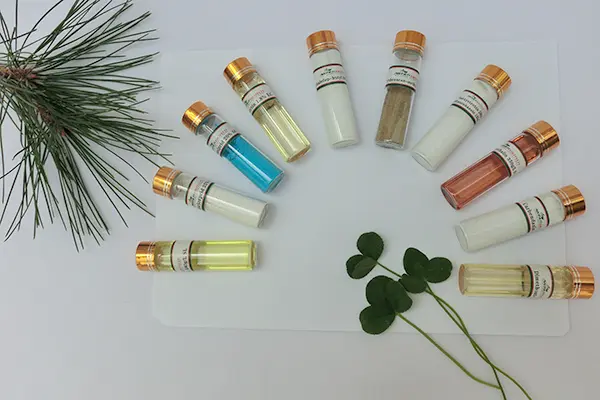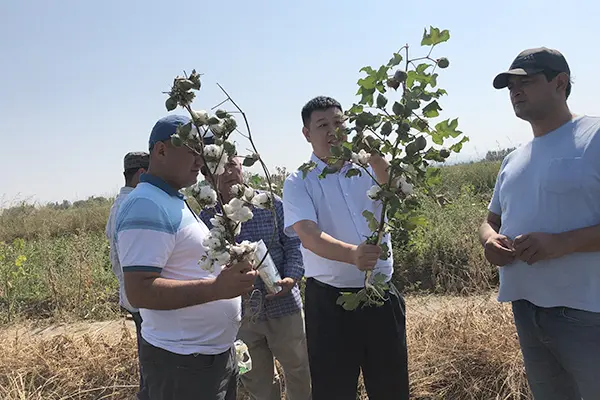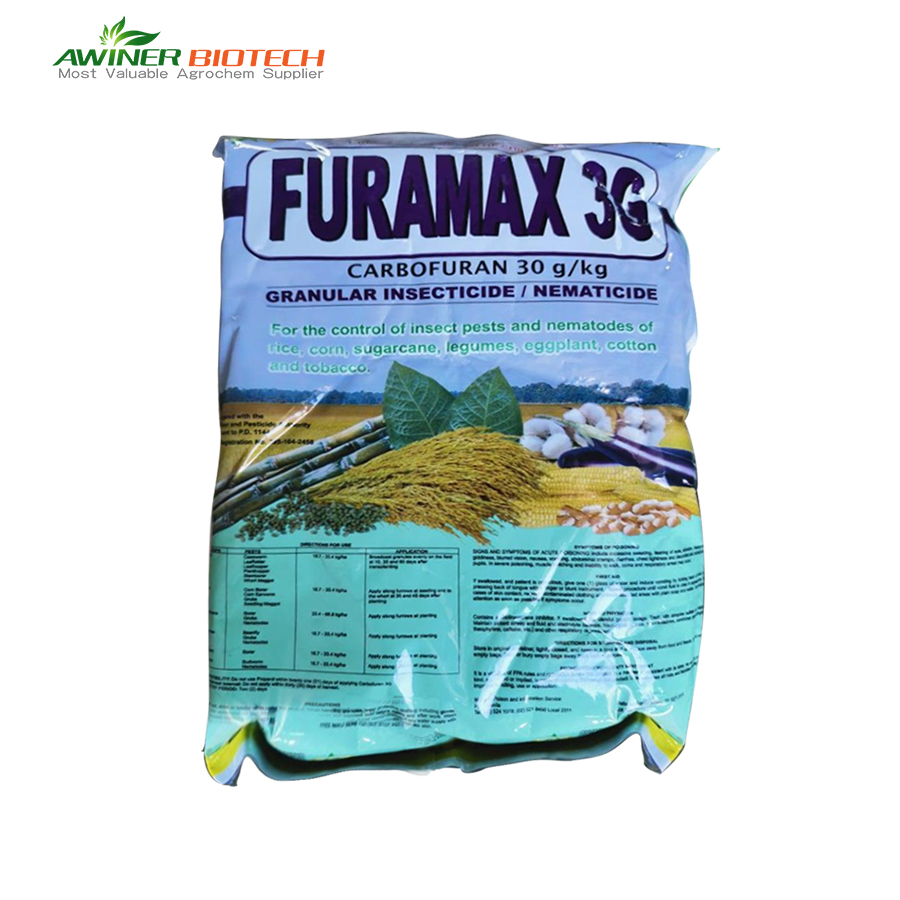Carbosulfan |
|
| Dosage form | 250g/L EC;5%WDG |
| Packing | 1L 、500ml 、250ml、100ml、50ml;1kg、500g、250g、100g |
| Formulation+Label | Customized |
| Sample | Yes |
| Crop-Pest | 1. Rice seedling field – rice thrips, stem borers 2. Sugarcane – sugarcane borer |
| Certification | SGS、 ISO 、BV |
| Delivery time | 20-30 days |
| Mixture products |
Carbofuran vs Carbosulfan
Carbosulfan and chlorpyrifos
Carbosulfan and imidacloprid
Carbosulfan and cypermethrin
Carbosulfan + emamectin benzoate
Carbosulfan vs Bifenthrin
|
| Payment terms |  |
Carbosulfan is a insecticide used in agriculture to control a wide range of pests, including aphids, whiteflies, and beetles. It is a pro-insecticide that converts to carbofuran within the target pests, disrupting their nervous systems. Carbosulfan is typically applied as a foliar spray, seed treatment, or soil application.
Carbosulfan
Carbosulfan is an insecticide used primarily in agriculture to control pests on crops. Carbosulfan is effective against a variety of pests including aphids, whiteflies, and beetles. It is typically applied as a foliar spray, seed treatment, or soil application. While effective, it is important to handle carbosulfan with care due to its potential toxicity to humans and non-target organisms. Proper safety measures should be taken during its use to minimize exposure and environmental impact.
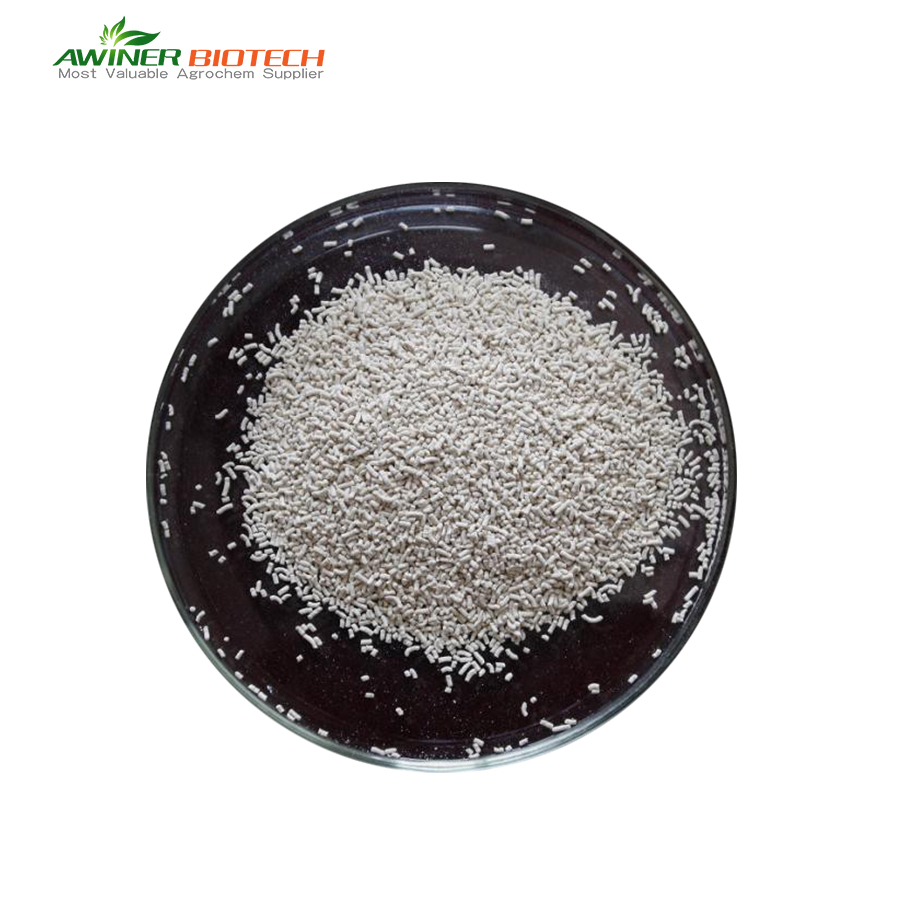 |
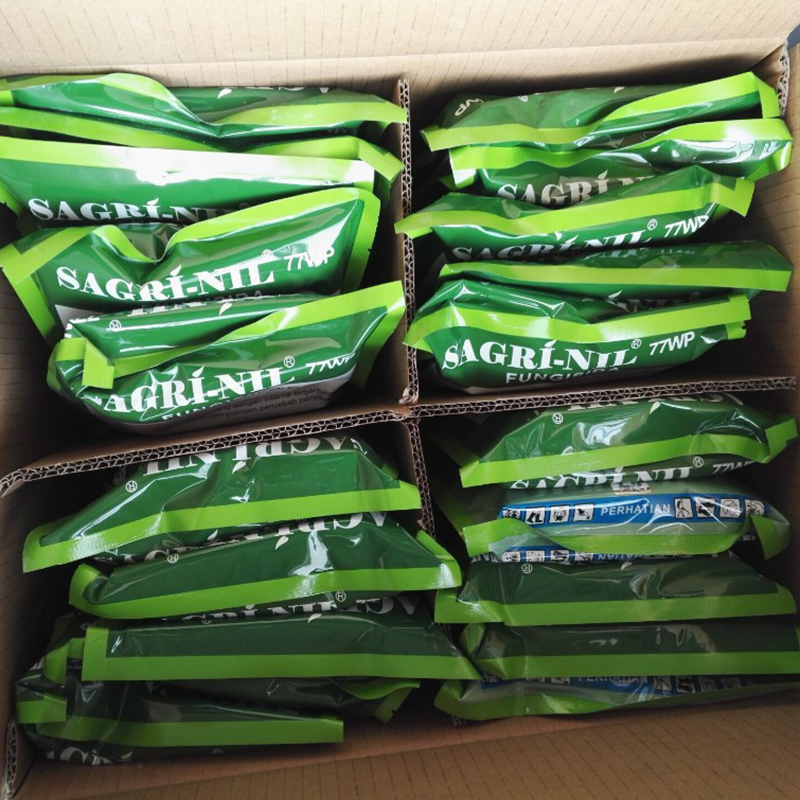 |
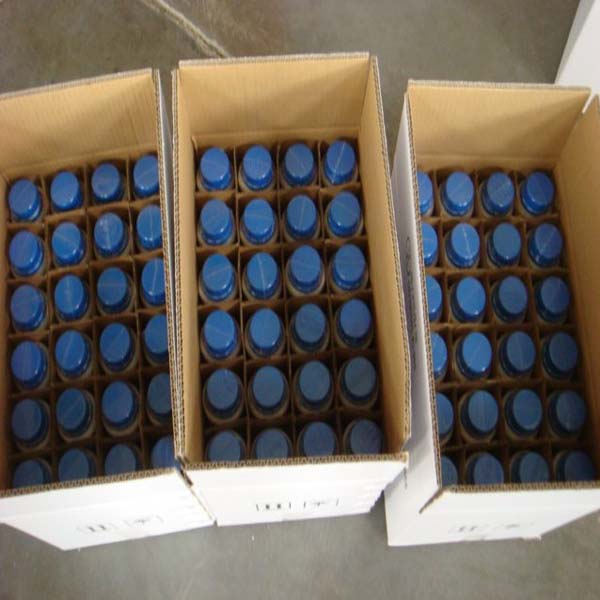 |
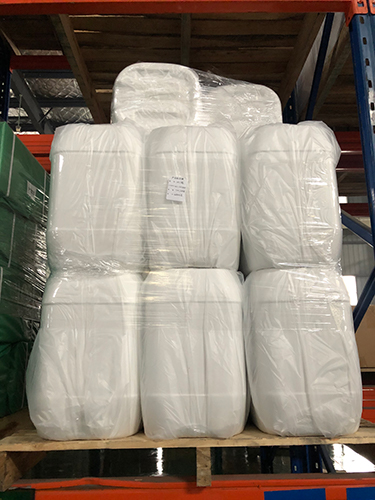 |
Carbosulfan and carbofuran are both insecticides, but they have distinct differences in their chemical structures, uses, and regulatory statuses. Here are the key differences:
Chemical Structure
- Carbosulfan: Chemically, carbosulfan is a derivative of carbofuran. It is a pro-insecticide, meaning it is metabolized into carbofuran in the insect’s body.
- Carbofuran: Carbofuran is a direct-acting insecticide and nematicide . It is not a pro-insecticide and acts directly upon application.
Mode of Action
- Carbosulfan: Works by inhibiting acetylcholinesterase after being metabolized into carbofuran within the target pest.
- Carbofuran: Directly inhibits acetylcholinesterase, leading to the accumulation of acetylcholine at nerve synapses and resulting in nervous system disruption.
Uses
- Carbosulfan: Commonly used for foliar application, seed treatment, and soil treatment to control a wide range of insect pests on crops such as rice, sugarcane, cotton, and vegetables.
- Carbofuran: Used as an insecticide and nematicide for controlling soil-dwelling and foliar-feeding pests on various crops, including corn, rice, and potatoes.
<About Awiner Biotech>
